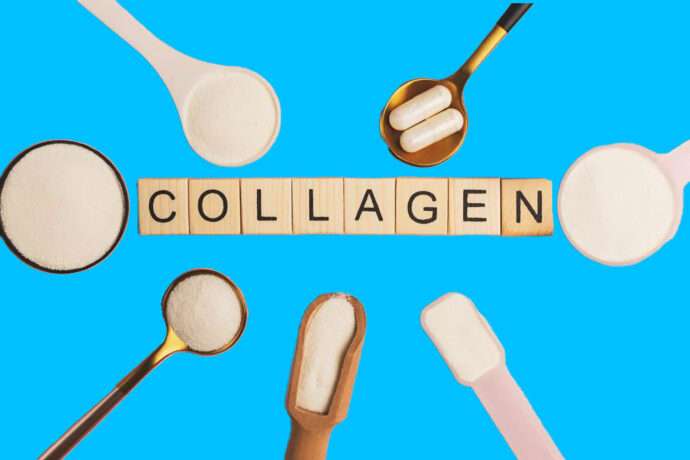Collagen, a key protein in our bodies, plays a vital role in keeping our tissues strong and resilient. From supporting our skin’s youthful appearance to maintaining healthy joints and bones, collagen is essential for overall well-being. In this article, we will explore what collagen is, how it benefits our bodies, and discover natural food sources that can provide us with this important protein.
Collagen is a special type of protein that acts as a building block for our connective tissues. It helps to give our skin, bones, tendons, and ligaments structure and strength. Think of it as the glue that holds our bodies together. Our bodies naturally produce collagen, but as we age, this production slows down, which can lead to signs of aging.

Collagen offers a range of benefits for our bodies. It helps to keep our skin looking youthful and radiant by maintaining its elasticity and hydration. Collagen also supports our joints, reducing stiffness and promoting flexibility. Additionally, it contributes to the strength and density of our bones, keeping them healthy and robust. Collagen even plays a role in supporting our digestion.
The daily amount of collagen our bodies need varies depending on factors such as age and activity level. While our bodies make collagen on their own, adding collagen-rich foods to our diet or taking collagen supplements can help support our body’s collagen production. Research has shown indicated that adults can safely consume between 2.5 to 15 grams of collagen a day. It’s important to ensure we consume enough protein, including collagen, to help our bodies make the collagen they need.
Various food sources provide us with collagen:
While some collagen-rich foods may be pricier or less accessible, there are affordable options available. For example, you can make homemade bone broth by using leftover bones from cooking. This way, you can obtain collagen without spending much. Additionally, incorporating plant-based sources of amino acids and nutrients that support collagen synthesis can be a budget-friendly approach.